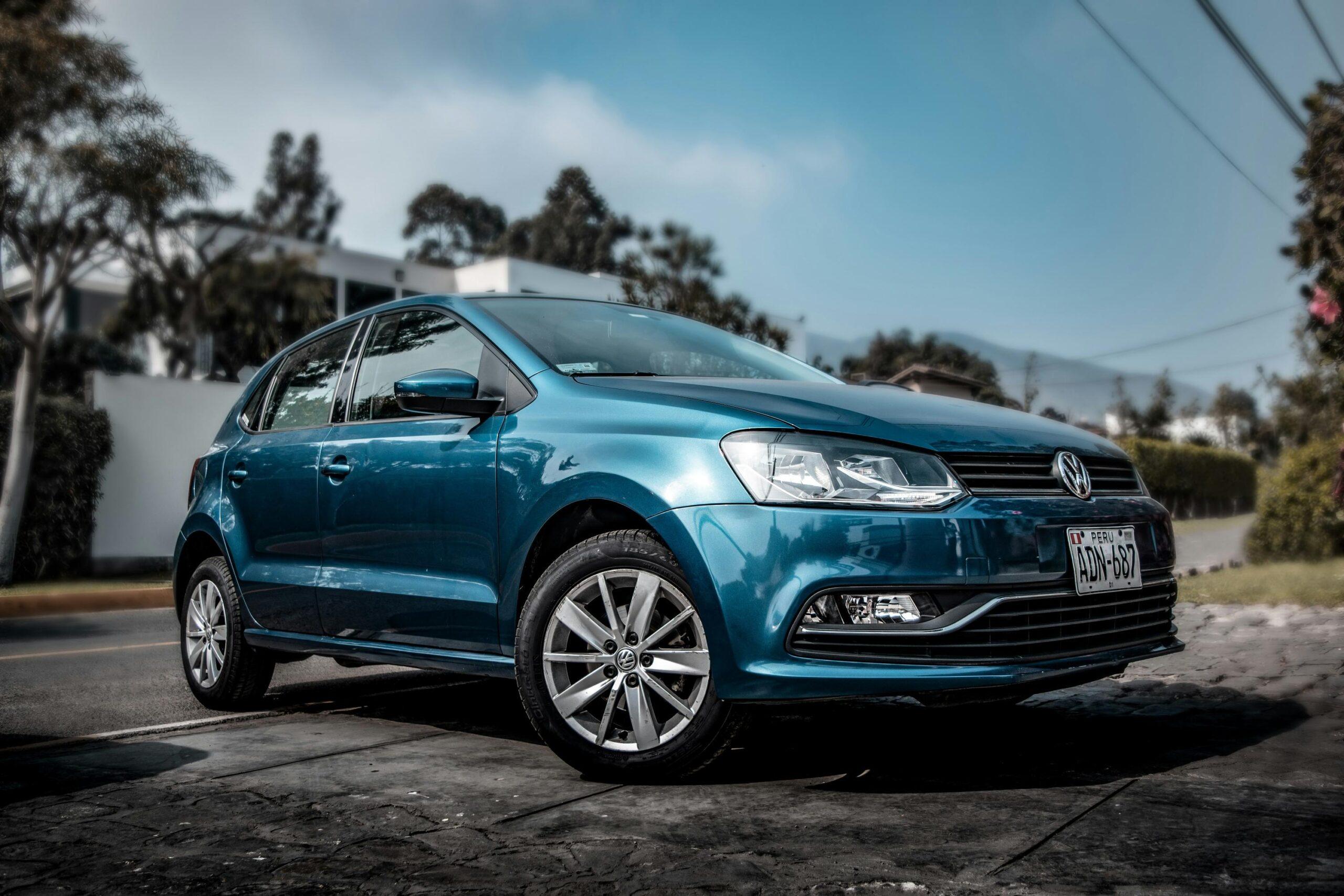Understanding the intricacies of car insurance isn’t easy for the ordinary motorist. With heaps of technical jargon, seemingly endless T&Cs and various factors to consider, finding a way to come to terms with it all is key. Fortunately, we’ll get to the core of what factors affect car insurance premiums, so at least you can be uncertain about one less thing moving forward.
Your car
The make, model and age of your car are important. High-performance cars, luxury vehicles and models that have a track record of being frequently stolen typically command higher premiums.
Each is placed into a car insurance group, with the higher groups often costing more to insure because of increased repair costs, values and risk of theft. On the other hand, cars with advanced safety features and cheaper repair costs should help to reduce your insurance costs.
Your age and driving experience
One of the most significant factors influencing your car insurance premium is your age and driving experience. Younger motorists, particularly those under 25, often face higher premiums due to less experience and the statistically higher risk of being involved in accidents.
Conversely, older drivers who accumulate more years of driving experience without incidents tend to see a reduction in premiums, reflecting the lowered risk posed to insurers.
Your driving history
Your driving history includes any accidents, traffic violations and previous insurance claims. Insurers use this data to help them predict the likelihood of future claims and thus the premiums they charge you.
A pristine driving record can lead to lower premiums, while a history marred with violations or claims can significantly increase your costs. It’s ultimately your responsibility about which type you have!
Your usage and mileage
How you use your vehicle can also impact your premium. Cars used for commuting or business purposes often attract higher costs due to the increased risk of being on the road more frequently. KT Insurance takes these factors into account to provide coverage that reflects your actual driving habits.
Similarly, a higher annual mileage can elevate your risk profile, leading to increased premiums. Reducing your mileage and accurately reporting your vehicle’s use can help in mitigating some of these charges.
Your location
Where you live and park your car can significantly affect your insurance premium. Urban areas, with greater traffic density and increased risk of theft or vandalism, tend to have higher premiums compared to rural areas. Street parking is also seen as more risky than a private driveway or garage, which is something to consider.
Your policy type and excess
The type of coverage and level of voluntary excess you choose will also influence your premium. Comprehensive policies are generally more expensive than others, although this can depend on the driver.
Opting for a higher voluntary excess – the amount you pay towards a claim – can reduce your premium, but you should be confident that you can cover the total excess cost if you need to make a claim.

